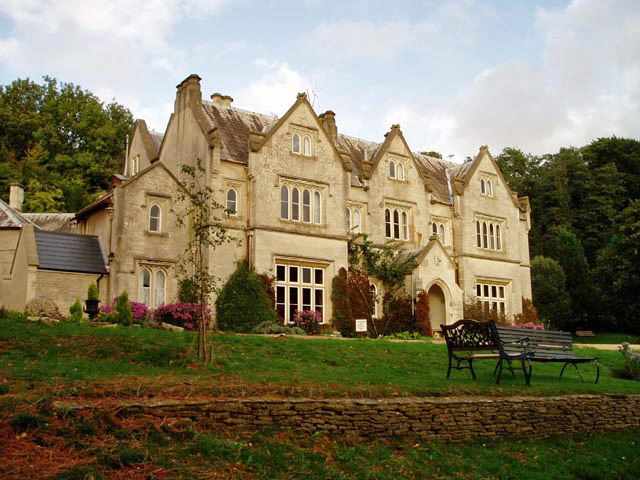To make the Above and Beyond Awards a reality, Potential Plus UK worked together with a host of different charities, companies and individuals, all of whom have an interest in supporting the needs of children and young adults with high learning potential, including those from disadvantaged backgrounds and those with SEND¹. The result was a resounding success!
So, the question for the Above and Beyond collaborators was “How do we build on this success?” To explore the possibilities, we all met together at Hawkwood College in mid-March. The meeting was hosted by the charity The Potential Trust (a completely different organisation to Potential Plus UK) that specialises in bringing together divergent people and seeing what comes out of the interactions!
The setting of Hawkwood College is ideal for this type of future thinking. It provides a retreat set within beautiful countryside that enables people to question, explore and debate. And the food is pretty good as well!
The overall theme of our gathering was how to continue and build on the work started with the awards. The consensus was that a year was needed to further develop networks and raise awareness of the needs of high potential learners and DME learners, with the aim of holding the awards ceremony again in 2021.
Our top 3 actions focus on DME, high learning potential and disadvantaged able learners.
- DME learners: Together we discussed how we can work towards ensuring that dual or multiple exceptionality is included within SEND guidelines, starting with the establishment of an All Party Parliamentary Group for DME. Such an APPG would allow campaign groups, charities, and other non-governmental organisations active in this area of education to become involved in discussions and hopefully influence politicians.
- High potential learners: A specific action for Potential Plus UK was to encourage schools and parents to participate in the current Ofsted consultation on the Education Inspection Framework. With this purpose in mind we have shared the charity’s response widely, highlighting our concerns about how well the needs of the ‘most able’ will be met (or, more accurately, not met) within the draft Framework and our suggestions for how this could be addressed.
- Disadvantaged able learners: We will also be working together with colleagues to translate some of the successful approaches highlighted in the Department for Education research on what works well for disadvantaged, academically able learners into an easy-to-use guide for teachers.
¹ Dual or multiple exceptionality describes learners who have high learning potential and also one or more special educational needs or disabilities. It is frequently shortened to DME.
About the Author: Geraldine Glover is Potential Plus UK’s Community Information Coordinator. She is a Chartered Information Professional with a background in editorial work and information science. She is the mother of two children with high learning potential.






